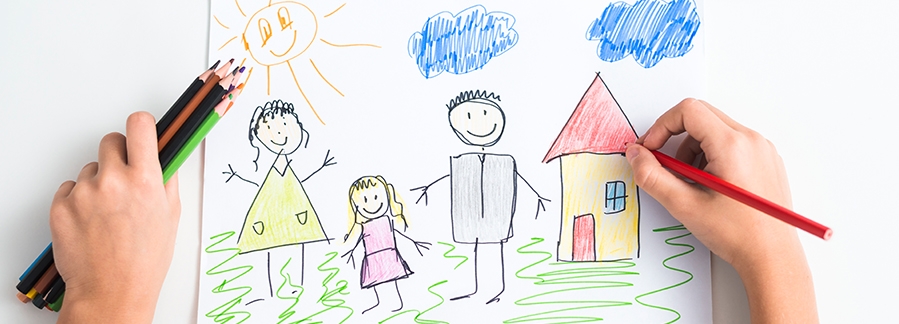
Early Childhood Education is a term that refers to educational programs and strategies geared toward children from birth to the age of eight. This time period is widely considered the most vulnerable and crucial stage of a person’s life. Early childhood education often focuses on guiding children to learn through play. The term commonly refers to preschool or infant/childcare programs.
Early Childhood Education Philosophies:
Learning through play is a common teaching philosophy for young children. Jean Piaget developed the PILES theme to meet the physical, intellectual, language, emotional and social needs of children. Piaget’s constructionist theory emphasizes hands-on educational experiences, giving children the chance to explore and manipulate objects.
Children in preschool learn both academic and social-based lessons. They prepare for school by learning letters, numbers, and how to write. They also learn sharing, cooperation, taking turns, and operating within a structured environment.
Scaffolding in Early Childhood Education
The scaffolding method of teaching is to offer more structure and support when a child is learning a new concept. The child may be taught something new by employing things they already know how to do. As in a scaffold that supports a building project, these supports can then be removed as the child learns the skill. This method is meant to build confidence while learning.